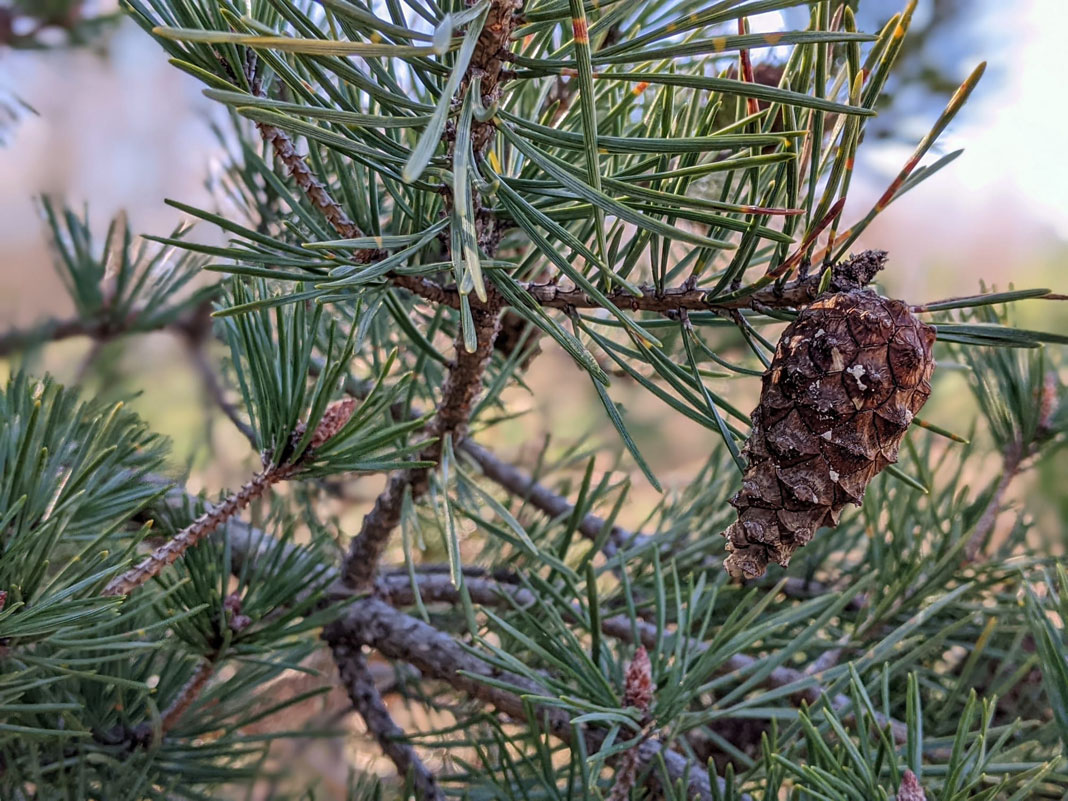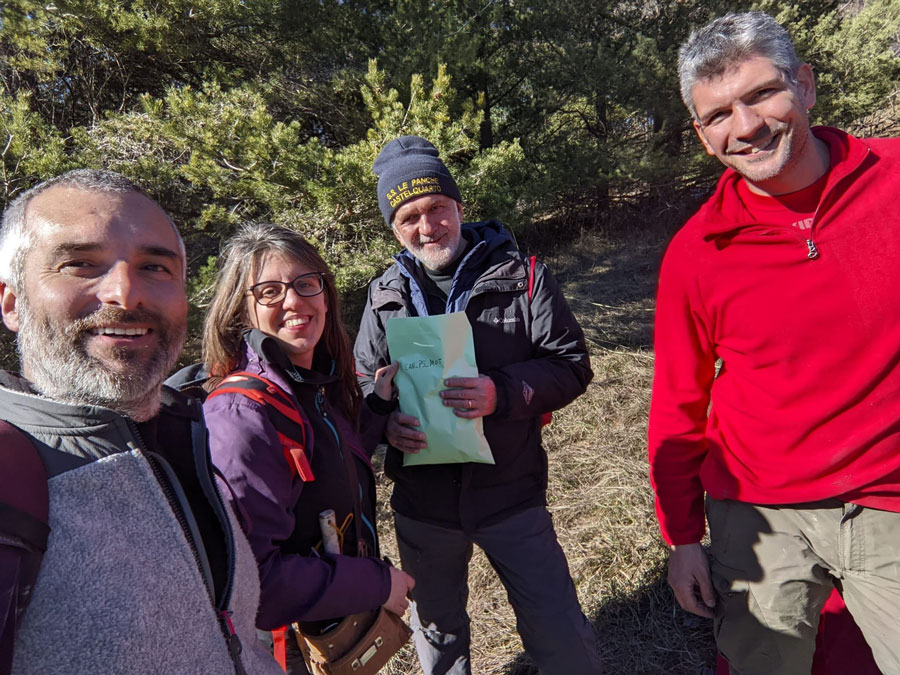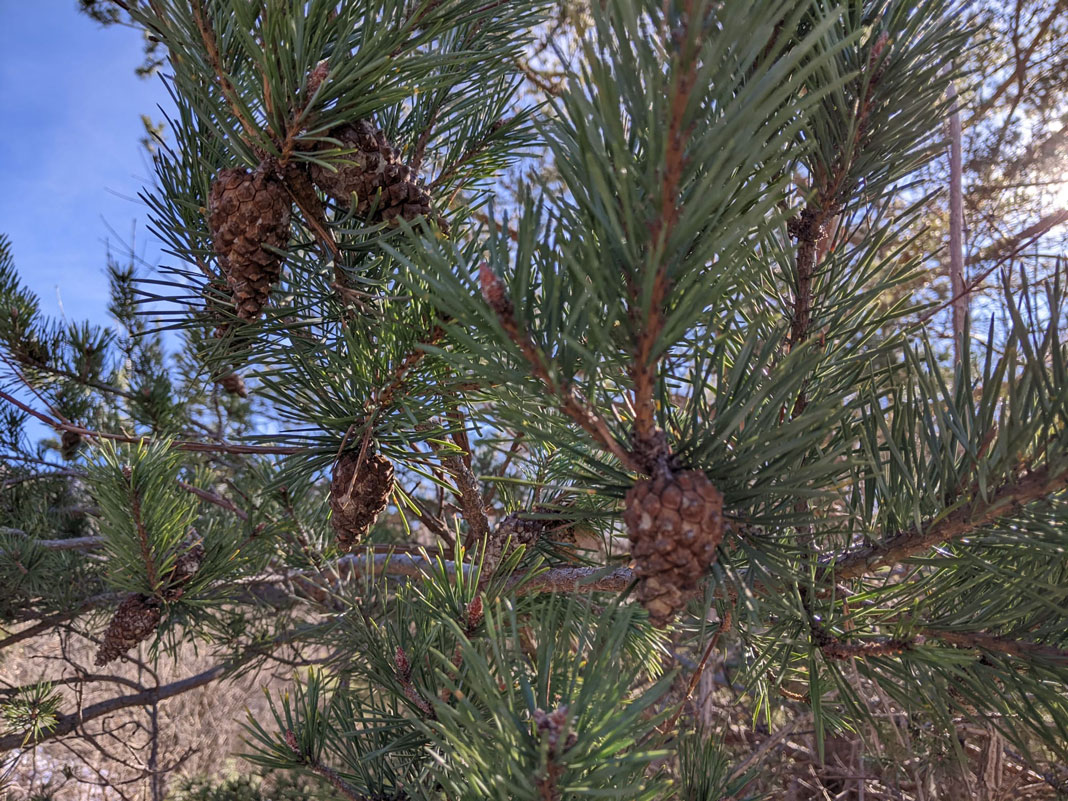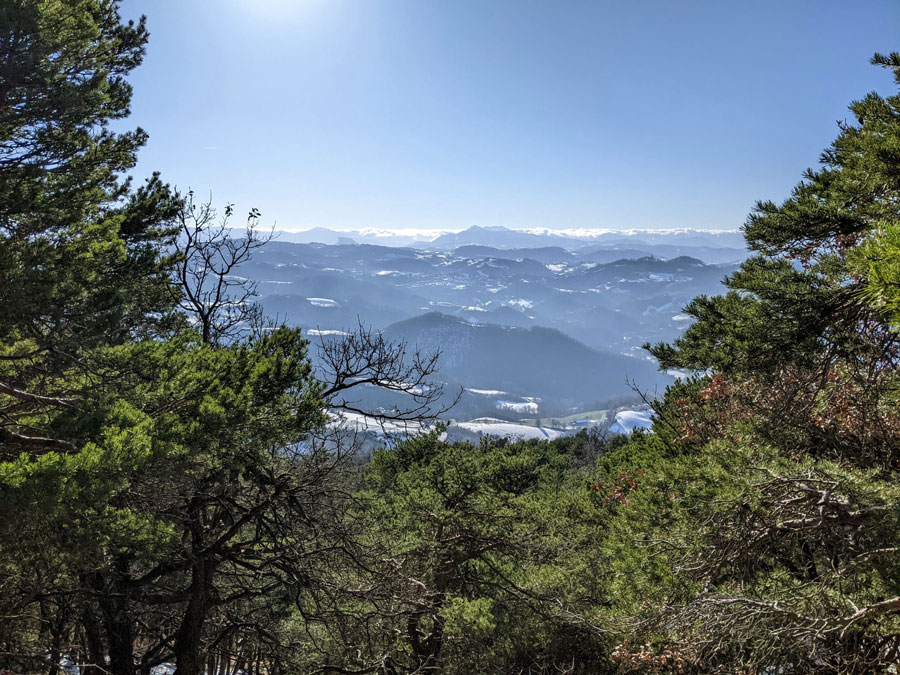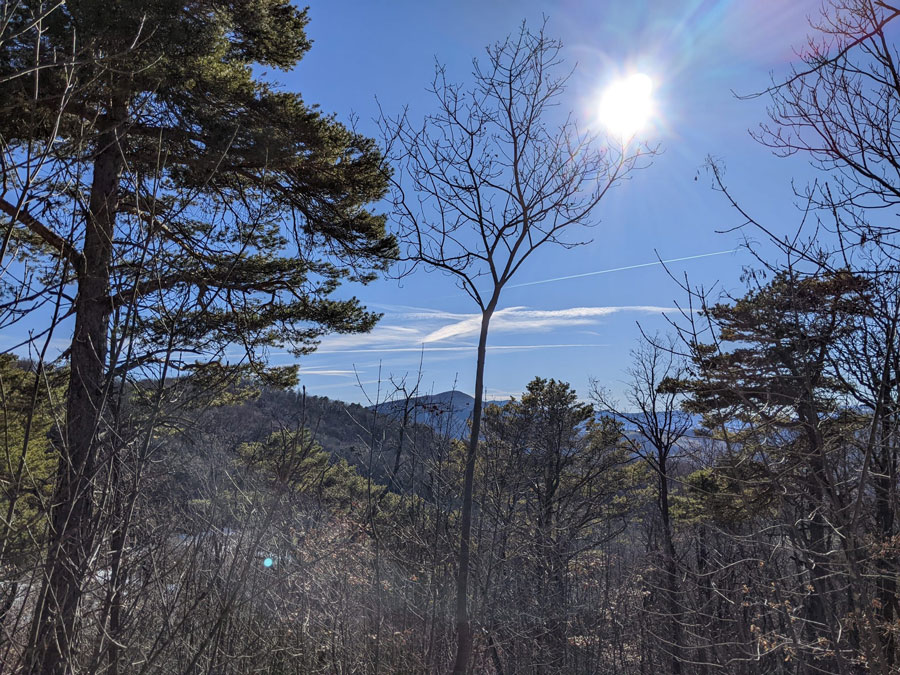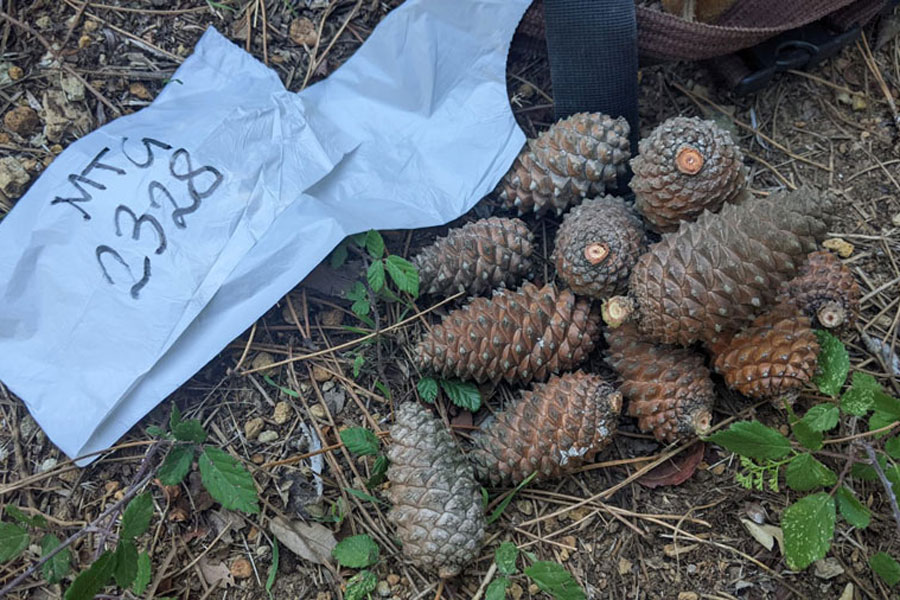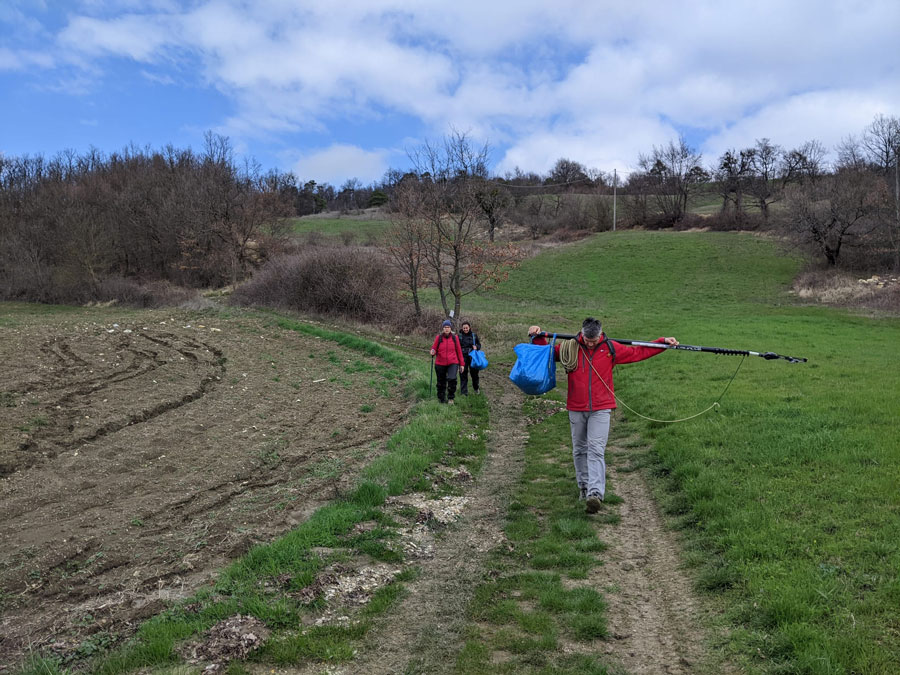In Italy, a team from the Consiglio nazionale delle ricerche (CNR) is diligently working on OptFORESTS project tasks that hold immense significance for the conservation of forests and their resilience. These activities focus on seed collection, a vital aspect of preserving and restoring forest ecosystems.
Researcher Maurizio Marchi, a key member of the CNR team and member of OptFORESTS, shares with us the ins and outs of his work to better understand the challenges and opportunities of seed collection in Italy.
The essence of seed collection
At the core of the OptFORESTS project lies the meticulous task of seed collection. Maurizio explains that their work entails gathering a sufficient quantity of fruits or cones from various tree species, ensuring the genetic diversity necessary for healthy forest regeneration. Each collection excursion involves careful identification of mother trees, strategically spaced to cover the entire area and minimise genetic relatedness. "Our work encompasses multiple facets," Maurizio shares. "From selecting the right tree populations to harvesting seeds, we strive to maintain the integrity of each species' genetic makeup."
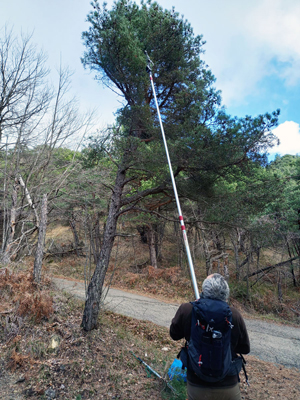
Visible effects of climate change
Italy's rich biodiversity and varied climates present both opportunities and challenges for seed collection. Maurizio highlights the wide range of species they work with, including white spruce, black pine, larch, wild cherry, maritime pine, acers, and oaks. The country's diverse landscapes have earned it a reputation as a hotspot for biodiversity, making it a prime location for studying and conserving different lineages.
However, amidst this natural abundance, the team confronts the visible impacts of climate change. Maurizio notes a concerning trend of diminishing seed production, particularly among marginal rear-edge forest populations. Species like Pinus sylvestris and Pinus pinaster exhibit low seed yields, reflecting the influence of changing climatic conditions. "While some species cope better, others, like oaks and steels, bear the brunt of these shifts", Maurizio remarks.
Looking towards forest regeneration
Beyond seed collection, the OptFORESTS project also aims to address the challenges of forest regeneration in Europe. Maurizio sheds light on the rarity of artificial regeneration practices in Italy, citing legislative constraints that favour natural regeneration over artificial interventions. "In Italy, forest management regulations dictate a preference for natural regeneration," Maurizio explains. "Clear-cutting followed by artificial replanting is a limited practice, reserved for specific circumstances."
Despite these challenges, the OptFORESTS project remains committed to revitalising nurseries and promoting sustainable forest management practices throughout Europe. By fostering collaboration between researchers, policymakers, and local communities, the project strives to safeguard the future of European forests.
Pictures taken by Maurizio Marchi & CNR's team
